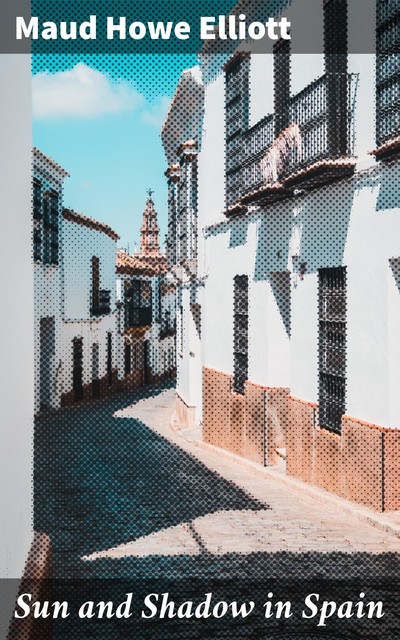In “Sun and Shadow in Spain,” Maud Howe Elliott intricately weaves a narrative that captures the contrasting elements of Spanish life and culture during her travels in the late 19th century. Written in an engaging and evocative prose style, the book functions as both a travelogue and a cultural commentary, offering readers insights into Spain'Äôs landscapes, traditions, and, most importantly, the rich tapestry of its people. Through her keen observations, Elliott highlights the country'Äôs duality'Äîits vibrant spirit alongside the shadows of social challenges'Äîoffering a balanced view that resonates with the complexities of post-Romantic literature and the burgeoning interest in cultural studies of the time. Maud Howe Elliott, a prominent figure in American literary circles, was not only a writer but also a fervent social activist, particularly in women'Äôs suffrage and education. Her extensive travels throughout Europe, paired with her intellectual upbringing in an artistic family, particularly among women, enriched her perspective and inspired her writings. This background allows for a nuanced exploration of Spain, revealing both an admiration for its beauty and a critique of its societal issues. “Sun and Shadow in Spain” is a must-read for those who appreciate not only the aesthetics of travel writing but also the deeper cultural reflections it provides. Elliott's narrative remains relevant today, as it encourages readers to engage with the complexities of cultural identity and historical context within their own explorations.

